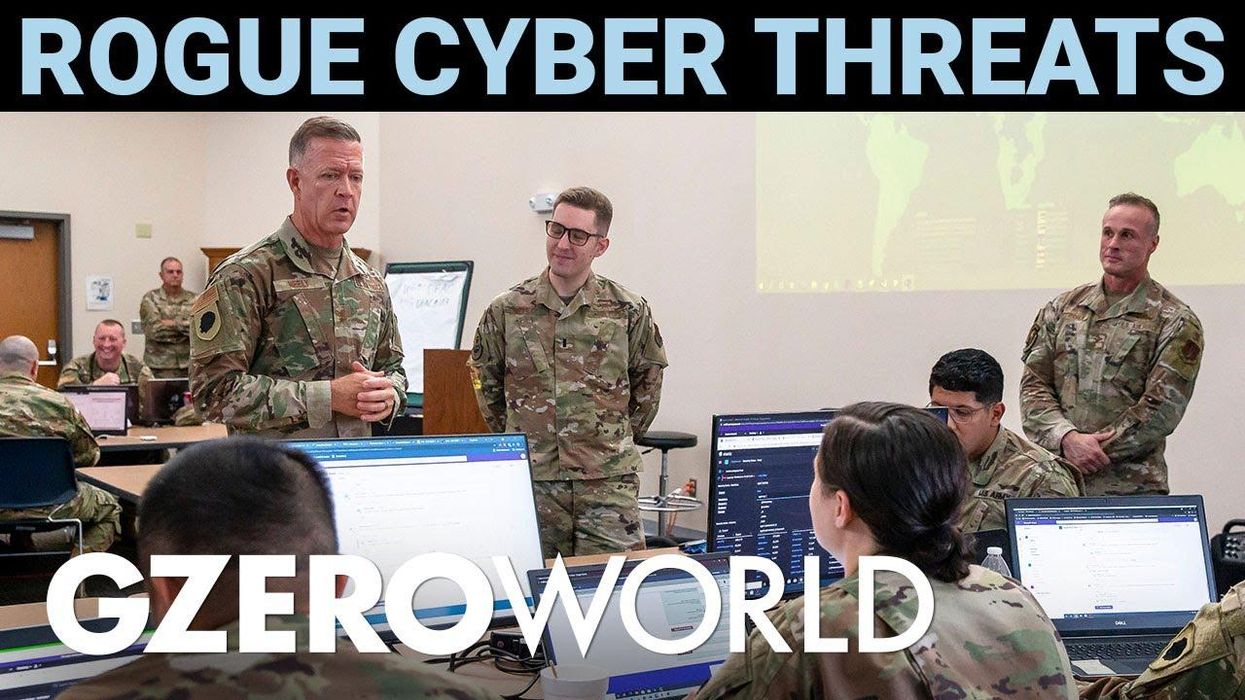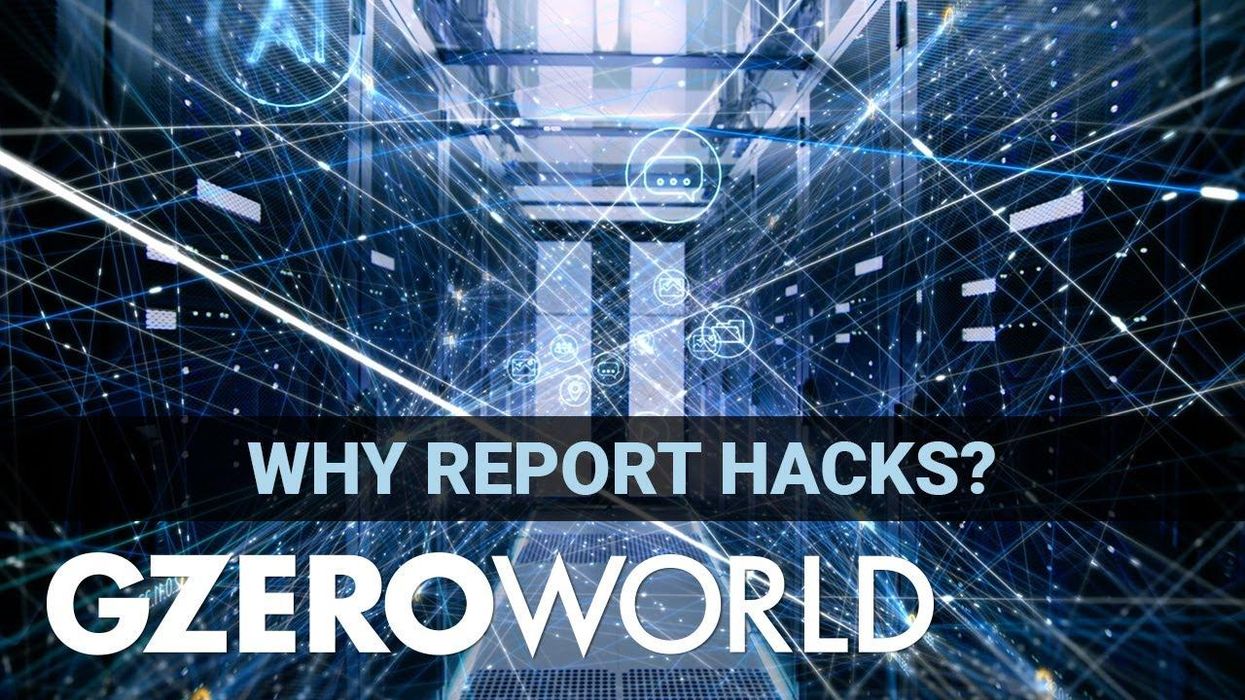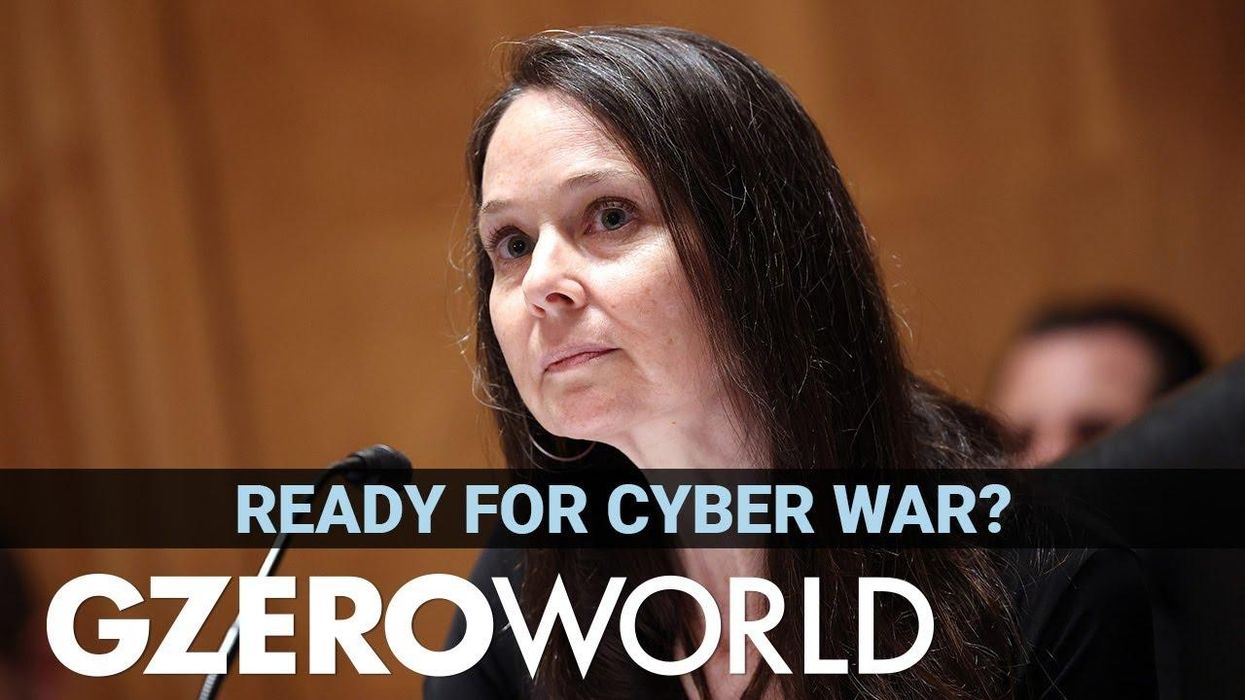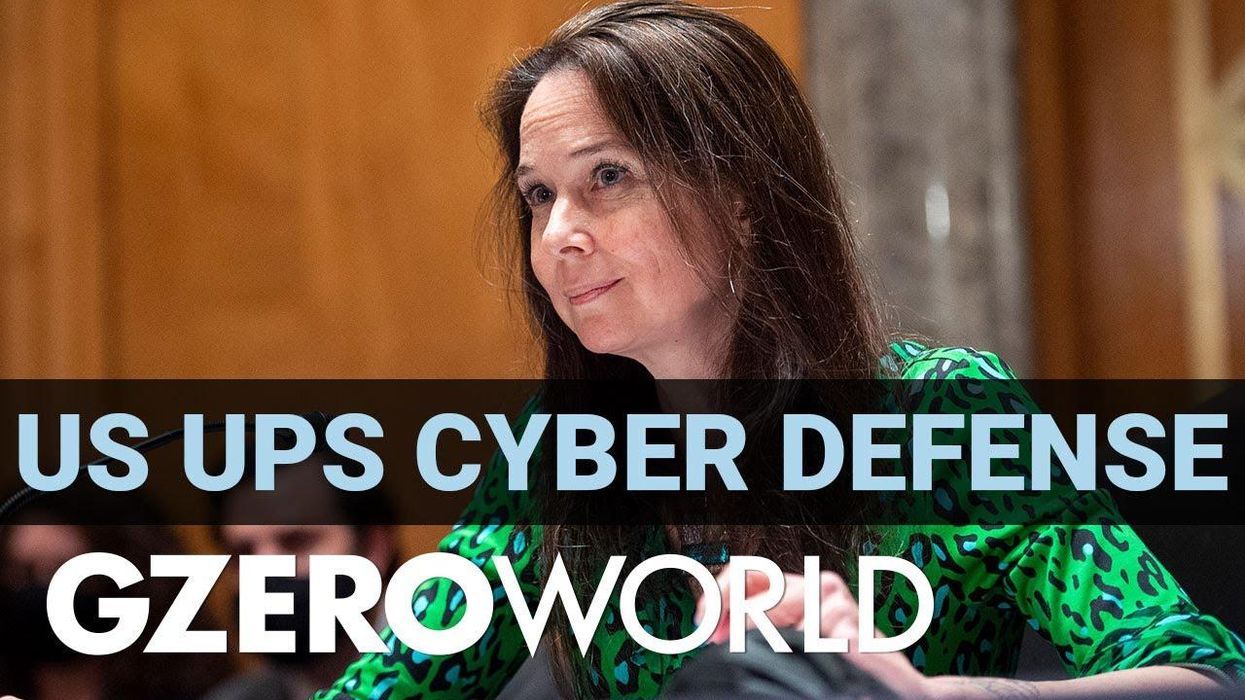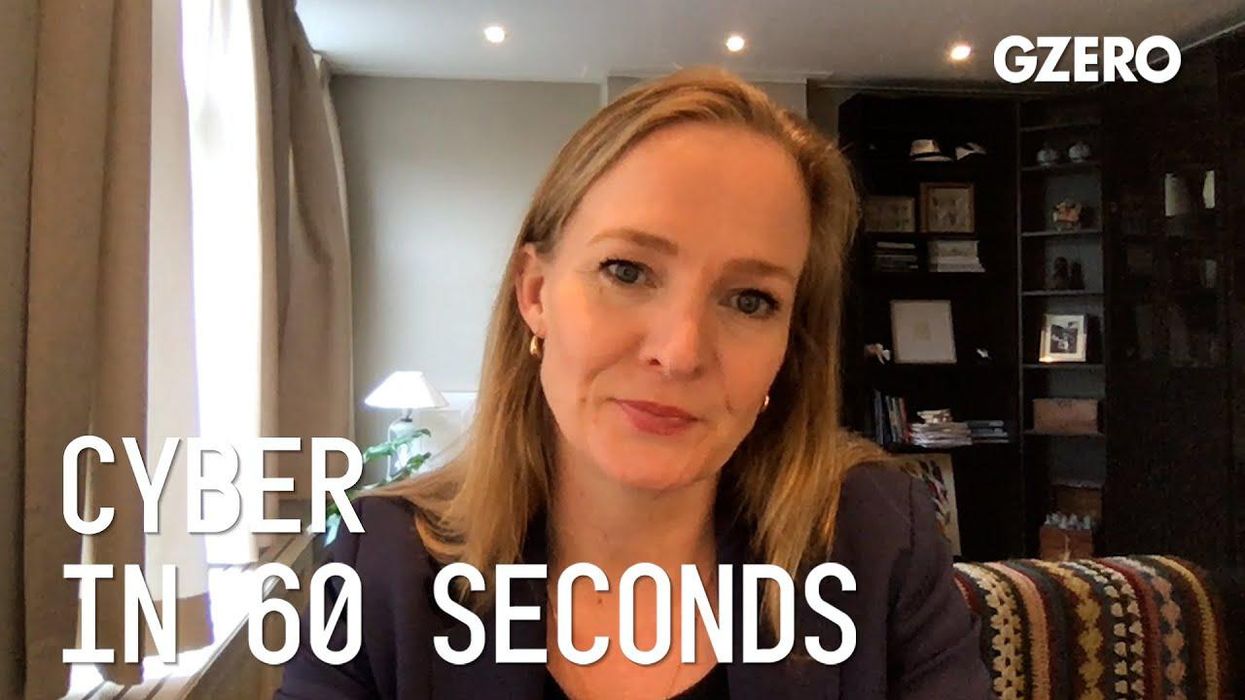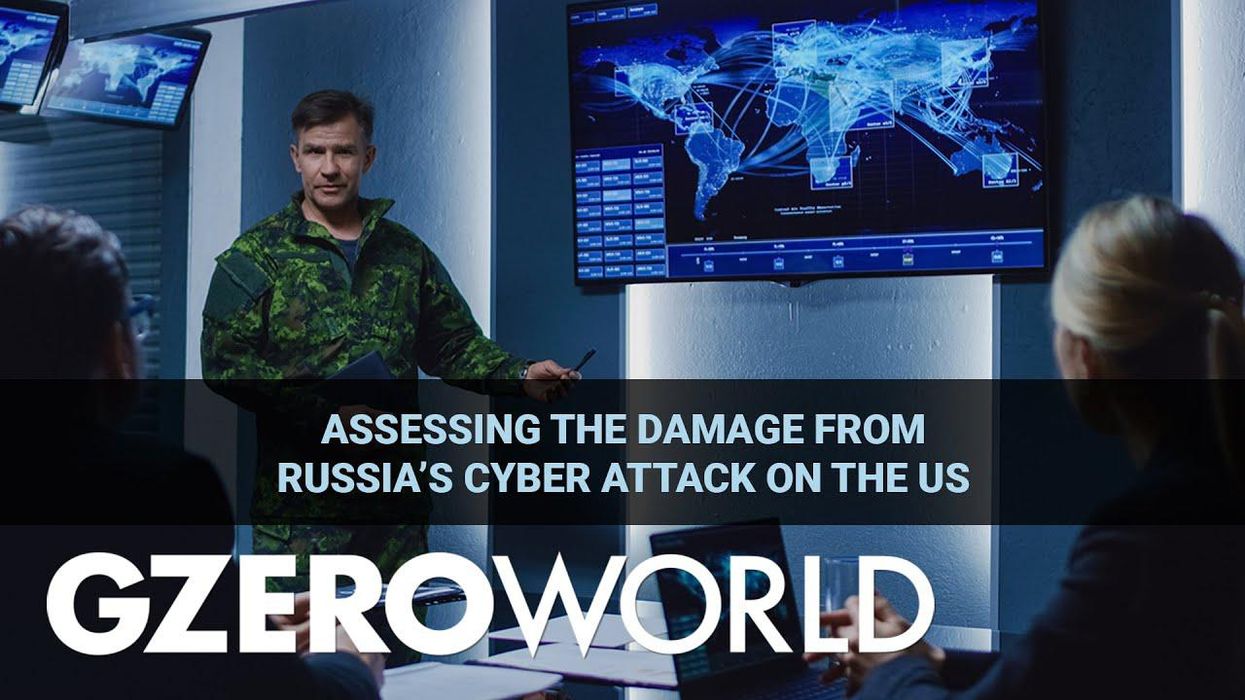GZERO World Clips
Ranking cyber threats: CISA chief Jen Easterly
Just a few years ago, we were worried about non-state actors like ISIS carrying out major cyberattacks. Is there still a threat? "Low probability, but high impact," US cybersecurity chief Jen Easterly tells Ian Bremmer on GZERO World.
Aug 27, 2022
